November 15, 2024
Let's Build! The Value of Block Play
Written by Tara Silver
As parents and caregivers, we often seek activities that promote our children's development and learning. Among the plethora of options available, block play stands out as an exceptionally valuable experience for toddlers. Not only is it fun, but it also offers a multitude of developmental benefits. Let's explore why block play is essential for toddlers and how it contributes to their cognitive, physical, social, and emotional growth.
Cognitive Development
Block play stimulates cognitive development in several ways. When toddlers engage in building and constructing with blocks, they learn about:
- Spatial Awareness: Manipulating blocks helps children understand how objects relate to each other in space. They learn about balance, symmetry, and gravity, which are foundational concepts in geometry and physics.
- Problem-Solving Skills: As toddlers experiment with different configurations and structures, they encounter challenges that require creative solutions. This trial-and-error process fosters critical thinking and resilience.
- Mathematical Concepts: Counting blocks, sorting them by size or color, and comparing heights introduce early math concepts. These activities help children develop numerical literacy and an understanding of patterns.
Physical Development
Block play is also crucial for physical development:
- Fine Motor Skills: Picking up, stacking, and balancing blocks require coordination and dexterity. These activities strengthen the small muscles in toddlers' hands and fingers, laying the groundwork for skills like writing and drawing.
- Gross Motor Skills: Building large structures often involves moving around, bending, and stretching, which enhances gross motor skills and overall body awareness.
Social Skills
Block play can be a social activity, offering numerous opportunities for toddlers to develop essential social skills:
- Collaboration: When children play together with blocks, they learn to share resources, negotiate roles, and work towards a common goal. This collaboration fosters teamwork and communication.
- Conflict Resolution: Disagreements over how to build or share blocks are common. Navigating these conflicts helps children develop empathy, patience, and problem-solving abilities in social situations.
- Imagination and Role Play: Block play often leads to imaginative scenarios. Children may build a castle, a spaceship, or a town, and then create stories around these structures. This kind of imaginative play encourages creativity and verbal skills as they narrate their adventures.
Emotional Development
Engaging in block play supports emotional growth as well:
- Self-Expression: Building allows children to express themselves creatively. They can construct whatever they imagine, providing an outlet for their emotions and thoughts.
- Confidence Building: Completing a structure gives toddlers a sense of accomplishment. This boost in self-esteem can motivate them to tackle more complex tasks and challenges.
- Calming Effect: The repetitive motions of stacking and arranging blocks can be soothing for toddlers, providing a calming effect that helps regulate emotions.
Conclusion
Block play is much more than just a fun pastime; it is a powerful tool for holistic development in toddlers. By providing opportunities for cognitive, physical, social, and emotional growth, block play lays a strong foundation for lifelong learning.
As caregivers, it’s essential to encourage this type of play by offering a variety of blocks in different shapes, sizes, and materials. Allowing toddlers to explore and experiment freely with blocks can lead to countless learning experiences. So, the next time you see your toddler engrossed in building, remember that they are not just playing; they are developing skills that will benefit them for years to come.

